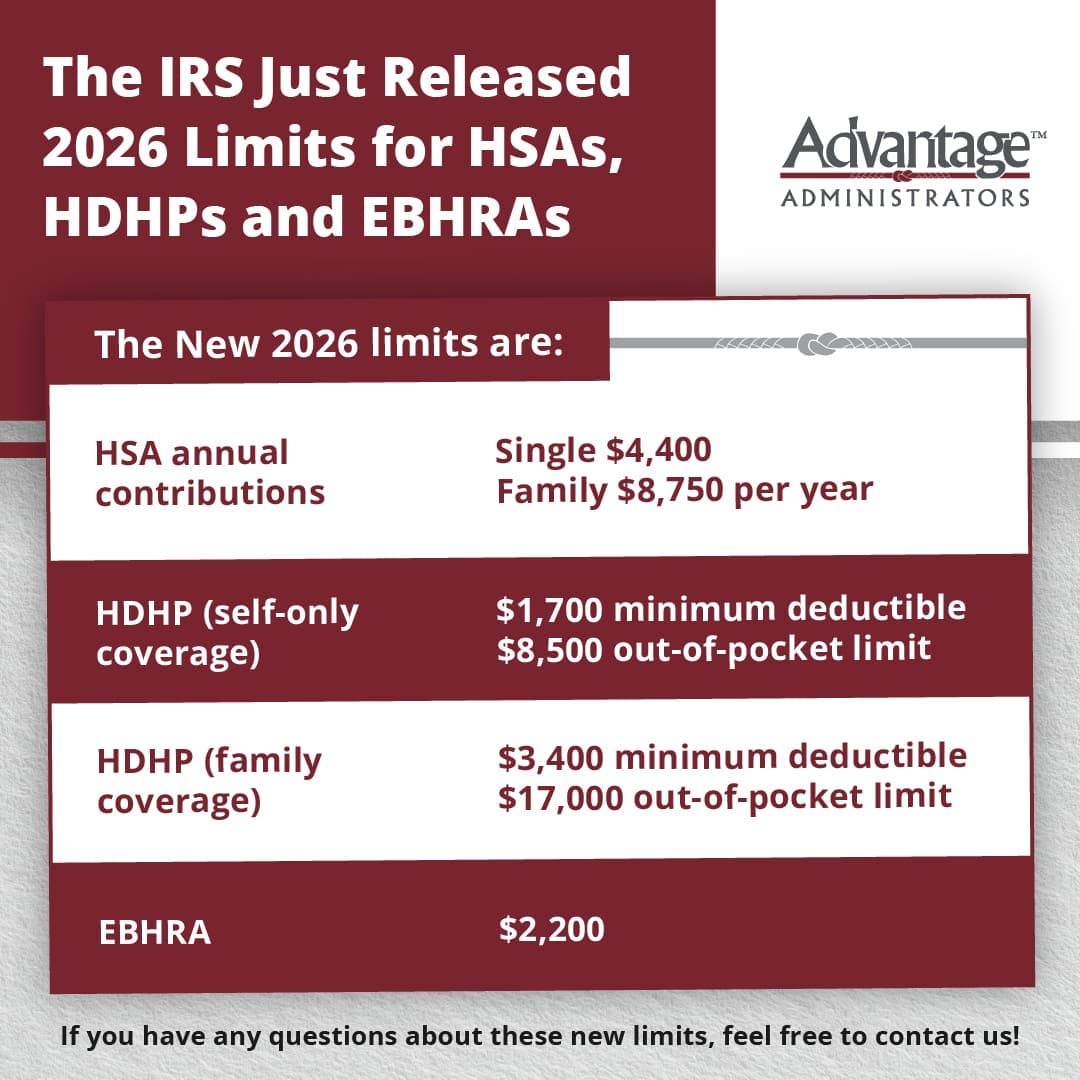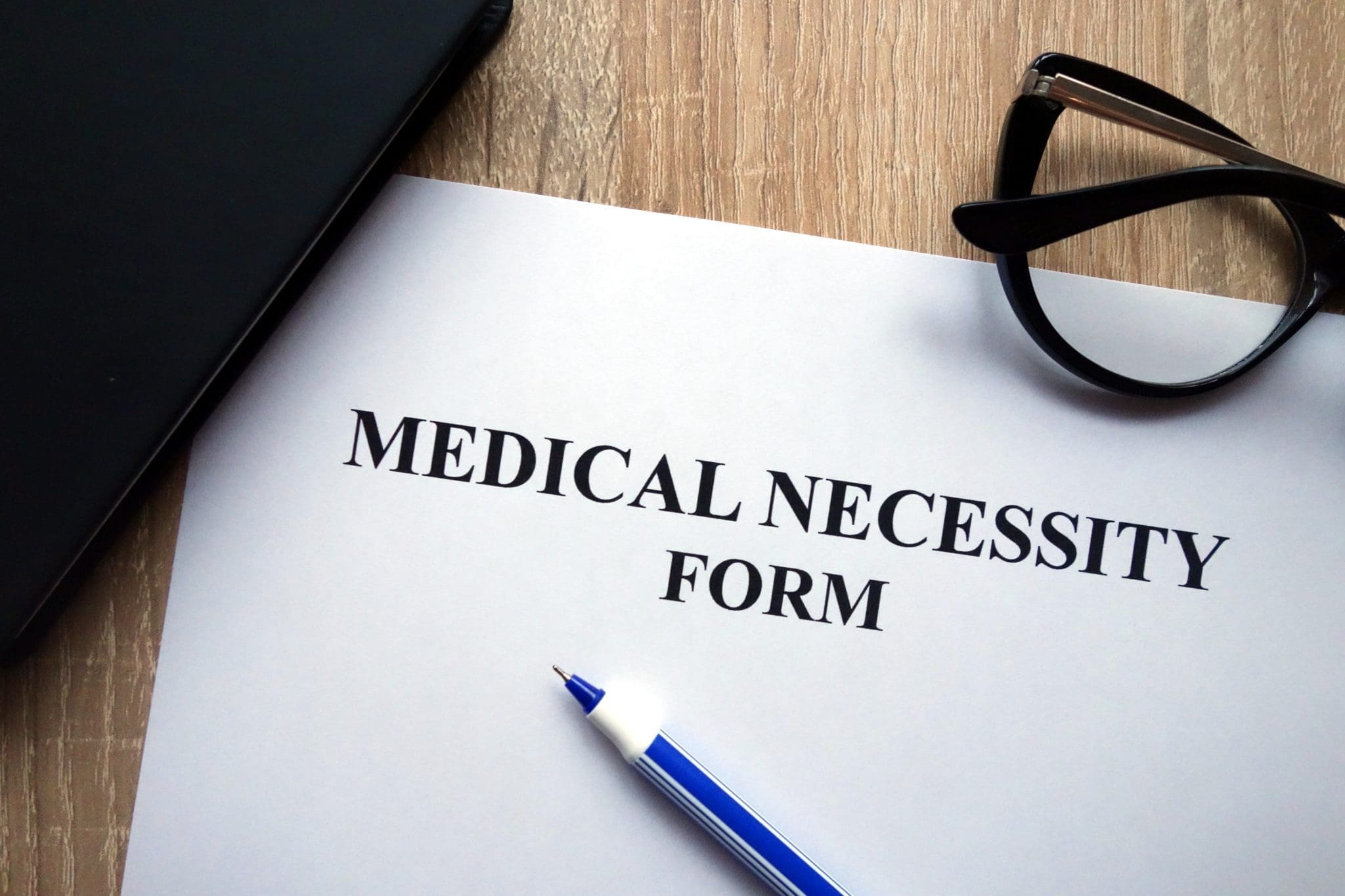COVID-19: What Products are Eligible?
Due to the COVID-19 pandemic, many Americans are stocking up on health supplies. You might be wondering if you can use your FSA or HSA funds to purchase these items. The short answer is: in some cases.
Masks
Currently masks, including surgical masks and the N95 mask, are not FSA or HSA eligible.

Because of the shortage of masks available for healthcare workers, the CDC has asked consumers not to stockpile masks. It recommends wearing a cloth face
mask or covering when leaving the house.
Click here for instructions on how to make your own CDC-approved cloth face mask.
Gloves
Surgical gloves are generally not FSA or HSA eligible.

Hand Sanitizer
At this time, hand sanitizer is not directly eligible for use with FSA or HSA funds. It may be eligible with a prescription, if the alcohol level in the hand sanitizer is 60% or higher. Hand sanitizer is not covered as an over-the-counter medicine under the CARES act, although an appeal has been filed.
Antibacterial Products
Antibacterial products are also not considered eligible FSA or HSA products. All of the products in this article may become eligible as the government continues to update and pass new legislation.

Although many COVID-19 related products are not considered qualified medical expenses, there are several steps you can take to protect yourself without buying anything new.
- Wash your hands frequently, and for at least 20 seconds each time
- Avoid contact with anyone outside of your household when possible
- Clean surfaces, including door handles and light switches, with antibacterial wipes or sprays.
Our friends at the FSA Store are doing what they can to help FSA users. Visit their Virus Preparedness page to see popular FSA-eligible items purchased during flu season, which may also be helpful now. The FSA Store will donate a portion of the proceeds from everything on the Virus Preparedness page to the CDC Foundation to help with the COVID-19 response.
In addition, the FSA Store has a Fair Price Pledge. The pledge is as follows, from their website:
“During the public health emergency in the US caused by the 2019 coronavirus, we pledge to provide fair price protections for all items in our Virus Preparedness category. We will make every effort to keep a steady supply of these items available to our customers at current prices. Prices may increase, however, if market conditions require it, such as paying a premium to secure product during a supply shortage, expediting product shipments to our warehouses so you can receive them quicker or other similar situations.”
Finally, the FSA Store is urging the IRS to determine eligibility for COVID-19-related items such as hand sanitizer and antibacterial wipes.
Please visit FSAStore.com or HSAStore.com, or talk to your Advantage Administrators representative, for information about FSA and HSA eligible products.










 Flex Plans
Flex Plans Forms
Forms HSA
HSA HRA
HRA Retirement
Retirement Health Shopper
Health Shopper FSA Store
FSA Store


